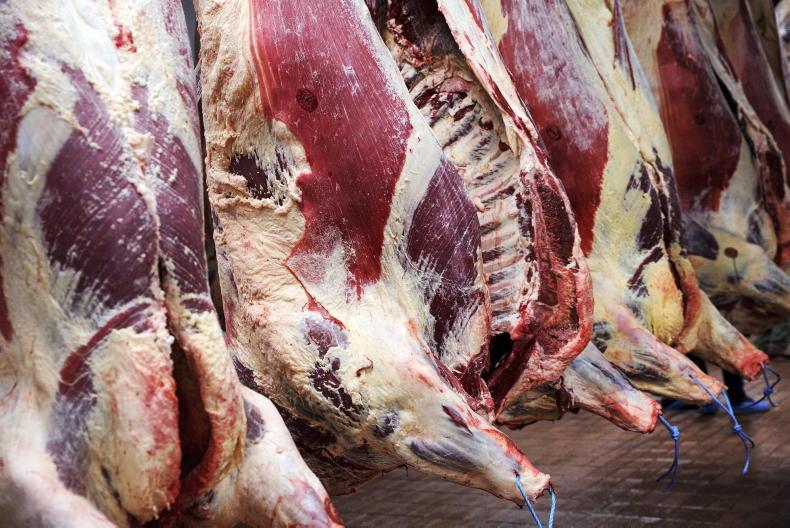Despite a certain well-known gathering of the global tech industry attracting the majority of the attention this week, another significant albeit smaller summit was also taking place in Dublin.
The 2015 National Sustainability Summit was held on Tuesday at the Aviva Stadium and attracted a strong attendance in its own right. According to the organisers, the aim of the summit is to connect stakeholders from various industries, business leaders, regulators and Government at a forum designated to sustainability.
Many of the stakeholders at the summit were from the agri-food sector, with the entire morning workshop given over to speakers with backgrounds in food and agriculture. Representatives from Alltech, Keelings, Aryzta, Wyeth Nutrition, Bord Bia and even chemical companies Dow and BASF gave presentations on the day about sustainability programmes within their respective organisations.
Sustainable whiskey
One of the most interesting speakers on the day was Mark Quick, a director with the recently established Nephin Whiskey Company based in Co Mayo. According to Mark, Nephin has been committed to sourcing from local suppliers from the start.
The water used in the whiskey-making process comes from the mountain spring, while local turf is used in the malting process. Perhaps the most interesting aspect of this new startup is that it has convinced a number of local farmers to supply it with barley, despite the fact that cereal production in Mayo wouldn’t be common.
Nephin Whiskey barley in the autumn evening light. Almost ready for harvesting. #Mayo #Whiskey pic.twitter.com/vuXHK8se2B
— Nephin Whiskey (@NephinWhiskey) September 19, 2015Quick added that Nephin uses a sustainability index to benchmark its suppliers and measure the environmental, social and economic sustainability of the business in the local community. He added that Nephin hopes to achieve a certified carbon neutral rating in the coming years.
Data platform
Eric Robson, a research unit manager with TSSG, a tech company working with smart agriculture technology, outlined how modern technology can help farmers and the agri-food industry better understand the data available to them.
“The Food Harvest and FoodWise targets call for a 50% increase in milk production. But that’s a massive target,” said Robson. “We want to use sensory technology to record data. More data means more analysis and more information, which will increase productivity.”
However, he noted there was a real challenge in getting data from a rural location in Ireland to the necessary data infrastructure required to drive precision agriculture.
Robson also said that TSSG works closely with Irish dairy processors who are all collecting masses of data on an hourly basis from their milk supply. However, Irish dairy processors currently have an error margin of plus or minus 10% in terms of their weekly milk intake.
Robson questioned how any business could commit to filling a large supply contract for baby formula to go to China when it had such an error margin in its supply chain. He added that TSSG is currently working with processors to provide the measurement systems and data platform to reduce these margins into the future and help secure sustainable milk supplies.









SHARING OPTIONS